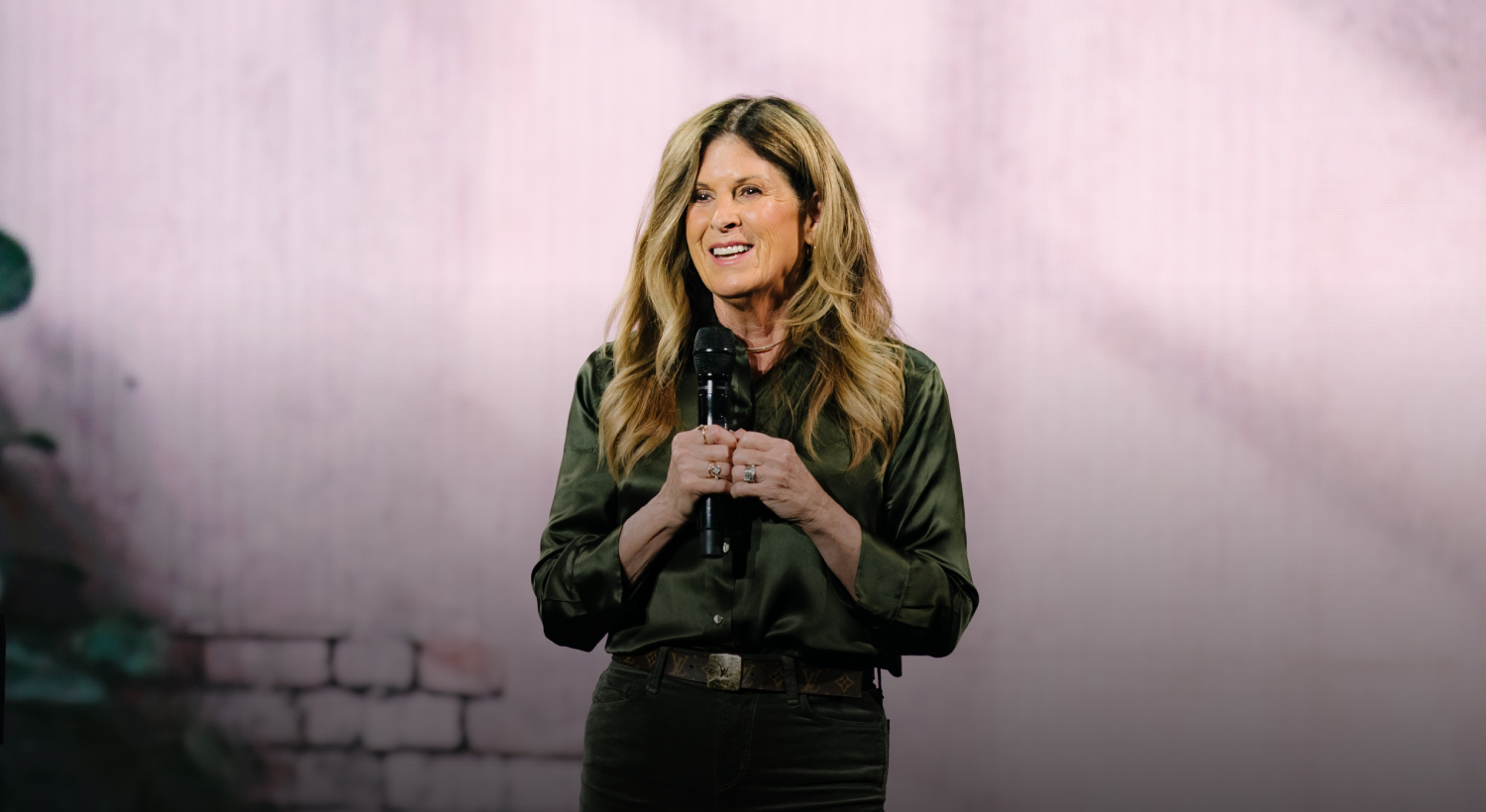
“These Words Shall Be on Your Heart”: A Call to Careful Devotion
Moses’ caution to “be careful” isn’t a cold command but protective language given in love to preserve Israel’s faith—and ours.


Moses’ caution to “be careful” isn’t a cold command but protective language given in love to preserve Israel’s faith—and ours.

As Christians, how do we stay motivated to follow God's Law? It can be a battle to keep His commands when the world's screaming the opposite.

Do you struggle believing that God sees you? Deborah Rutherford shares her inspiring story of how to know God sees you and finding grace in the shadow of shame. We’ve had those moments when we don't feel like we belong—where the weight of a tangled past or the isolation of our current circumstances makes us feel unseen. But God sees you and offers grace.